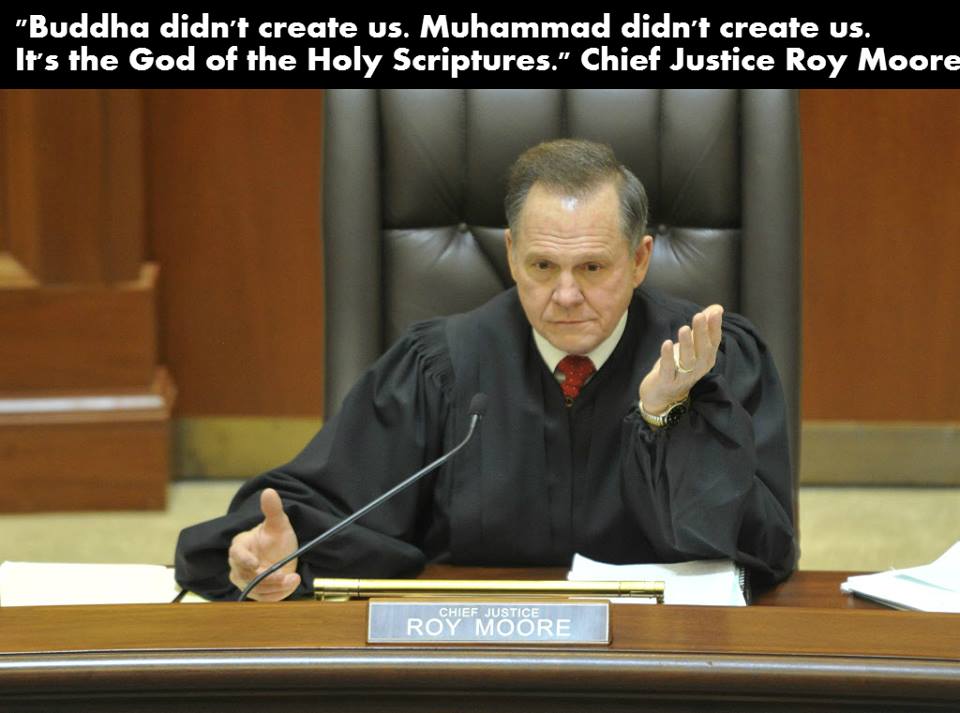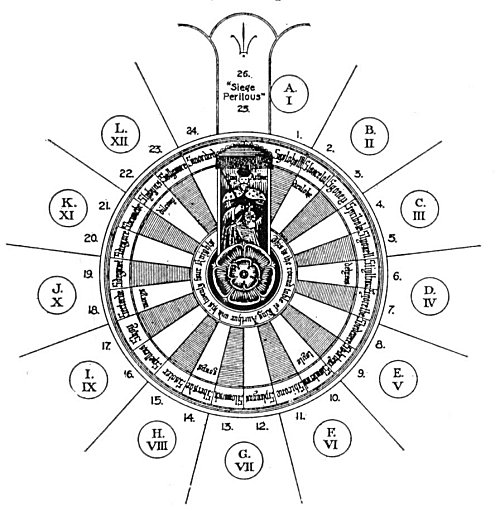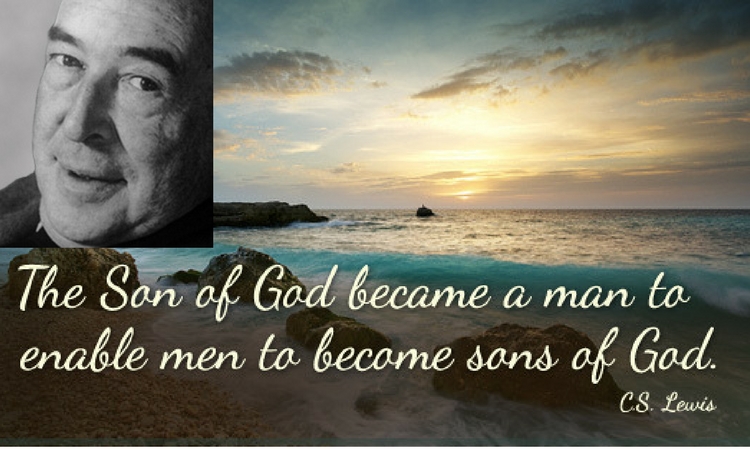Page 529
“Not to commit any sin, to do good, and to purify one’s mind, that is the teaching of the Awakened. . . .
“Better than Sovereignty over the earth, better than going to heaven, better than lordship
over all the worlds is the reward of the first step in holiness.” — Dhammapada, verses
178-183.
“Creator, where are these tribunals, where do these courts proceed, where do these
courts assemble, where do the tribunals meet to which the man of the embodied world
gives an account for his soul?” — Persian Vendidad, xix. 89.
“Hail to thee O Man, who art come from the transitory place to the imperishable!” –
Vendidad, farg. vii., 136.
“To the true believer, truth, wherever it appears, is welcome, nor will any doctrine seem
the less true or the less precious, because it was seen not only by Moses or Christ, but
likewise by Buddha or Lao-tse.” — MAX MULLER. UNLUCKILY for those who would have been glad to render justice to the ancient and modern religious philosophies of the Orient, a fair opportunity has hardly ever been given to them. Of late there has been a touching accord between philologists holding high official positions, and missionaries from heathen lands. Prudence before truth when the latter endangers our sinecures! Besides, how easy to compromise with conscience. A State religion is a prop of government; all State religions are “exploded humbugs”; therefore, since one is as good, or rather as bad, as another, the State religion may as well be supported. Such is the diplomacy of official science.
Grote in his History of Greece, assimilates the Pythagoreans to the Jesuits, and sees in their Brotherhood but an ably-disguised object to acquire political ascendancy. On the loose testimony of Herakleitus and some other writers, who accused Pythagoras of craft, and described him as a man “of extensive research . . . but artful for mischief and destitute of sound judgment,” some historical biographers hastened to present him to posterity in such a character.
How then if they must accept the Pythagoras painted by the satirical Timon: “a juggler of solemn speech engaged in fishing for men,” can they avoid judging of Jesus from the sketch that Celsus has embalmed in his satire? Historical impartiality has nought to do with creeds and personal beliefs, and exacts as much of posterity for one as for the other. The life and doings of Jesus are far less attested than
Page 530
those of Pythagoras, if, indeed, we can say that they are attested at all by any historical proof. For assuredly no one will gainsay that as a real personage Celsus has the advantage as regards the credibility of his testimony over Matthew, or Mark, or Luke, or John, who never wrote a line of the Gospels attributed to them respectively. Withal Celsus is at least as good a witness as Herakleitus. He was known as a scholar and a Neo-platonist to some of the Fathers; whereas the very existence of the four Apostles must be taken on blind faith. If Timon regarded the sublime Samian as “a juggler,” so did Celsus hold Jesus, or rather those who made all the pretenses for him. In his famous work, addressing the Nazarene, he says: “Let us grant that the wonders were performed by you . . . but are they not common with those who have been taught by the Egyptians to perform in the middle of the forum for a few oboli.” And we know, on the authority of the Gospel according to Matthew, that the Galilean prophet was also a man of solemn speech, and that he called himself and offered to make his disciples “fishers of men.”
Let it not be imagined that we bring this reproach to any who revere Jesus as God. Whatever the faith, if the worshipper be but sincere, it should be respected in his presence. If we do not accept Jesus as God, we revere him as a man. Such a feeling honors him more than if we were to attribute to him the powers and personality of the Supreme, and credit him at the same time with having played a useless comedy with mankind, as, after all, his mission proves scarcely less than a complete failure; 2,000 years have passed, and Christians do not reckon one-fifth part of the population of the globe, nor is Christianity likely to progress any better in the future. No, we aim but at strict justice, leaving all personality aside. We question those who, adoring neither Jesus, Pythagoras, nor Apollonius, yet recite the idle gossip of their contemporaries; those who in their books either maintain a prudent silence, or speak of “our Saviour” and “our Lord,” as though they believed any more in the made-up theological Christ, than in the fabulous Fo of China.

Moe is the founder of GnosticWarrior.com. He is a father, husband, author, martial arts black belt, and an expert in Gnosticism, the occult, and esotericism.








